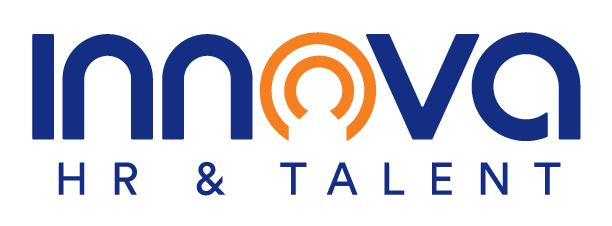Job Description
The Cyber Threat Intelligence Analyst will focus on technical analysis of threats in order to drive the collection, creation, and dissemination of indicators of compromise and indicators of attack. This analyst will work closely with both operational and strategic analyst counterparts in order to identify, prioritize, and report on key adversarial threats to drive cyber resiliency within the organization. This analyst will focus heavily on the tactics, techniques, and procedures employed by adversaries in order to analyze, produce, and disseminate key tactical intelligence products to both internal and external stakeholders.
Essential Responsibilities
- Assist in the construction of signatures which can be implemented on cyber defense network tools in response to new or observed threats within the network environment or enclave.
- Assess all-source intelligence and recommend targets to support cyber operation objectives.
- Coordinate, synchronize and draft applicable intelligence sections of cyber operations plans.
- Produce timely, fused, all-source cyber operations intelligence and/or indications and warnings intelligence products (e.g., threat assessments, briefings, intelligence studies, country studies).
- Provide cyber focused guidance and advice on intelligence support plan inputs.
Minimum Qualifications
- Bachelor’s degree in Business Administration, Computer Science, Social Science, Mathematics, or related field and Minimum six (6)
- years experience in IT or a related field
- Additional equivalent work experience of three years of work experience may be substituted for degree requirement, in addition to minimum years of experience (9 years total)
- Two (2) years in information security or network engineering.
- Knowledge of cybersecurity and privacy principles.
- Knowledge of cyber threats and vulnerabilities.
- Knowledge of intrusion detection methodologies and techniques for detecting host and network-based intrusions.
- Knowledge of cyber attackers and attack stages.
- Knowledge of network and host based cybersecurity investigation techniques
Additional Requirements
- Ability to work with others collaboratively, leveraging multiple project management approaches (Agile/Scrum, Waterfall, Gantt Charts, etc.)
- Comfortable working remotely with team members around the country
- A self-starter with intellectual curiosity
- Development of technical documents or presentations
Preferred Qualifications
- GIAC (such as GCTI: Cyber Threat Intelligence)
- CCTA: Certified Cyber Threat Analyst
- CCIP: Certified Cyber Intelligence Professional
- Skill in detecting host and network-based intrusions via intrusion detection technologies (e.g., Snort).
- Skill in recognizing and categorizing types of vulnerabilities and associated attacks.
- Skill in identifying cyber threats that may jeopardize organization and/or partner interests.
- Skill in reviewing and editing intelligence products from various sources for cyber operations.
- Skill to monitor target or threat situations and environmental factors.
- Ability to identify systemic security issues based on vulnerability and configuration data analysis.
- Ability to accurately and completely source all data used in intelligence, assessment and/or planning products.
- Ability to share meaningful insights about the context of an organization’s threat environment that improve its risk management posture.
- Ability to apply techniques for detecting host and network-based intrusions using intrusion detection technologies.
- Ability to interpret the information collected by network tools (e.g. Nslookup, Ping, and Traceroute).
- Knowledge of cyber threats and vulnerabilities.
- Knowledge of intrusion detection methodologies and techniques for detecting host and network-based intrusions.
- Knowledge of cyber attackers.
- Knowledge of cyber attack stages (e.g., reconnaissance, scanning, enumeration, gaining access, escalation of privileges, maintaining access, network exploitation, covering tracks).
- Knowledge of an organization’s threat environment.
- Knowledge of cyber intelligence/information collection capabilities and repositories.
- Knowledge of organizational structures and associated intelligence capabilities.
Benefits
- Transportation.
- Life insurance.
- Medical insurance.
- Solidarity association.
- Growth plans.
- Additional days off.
K4

